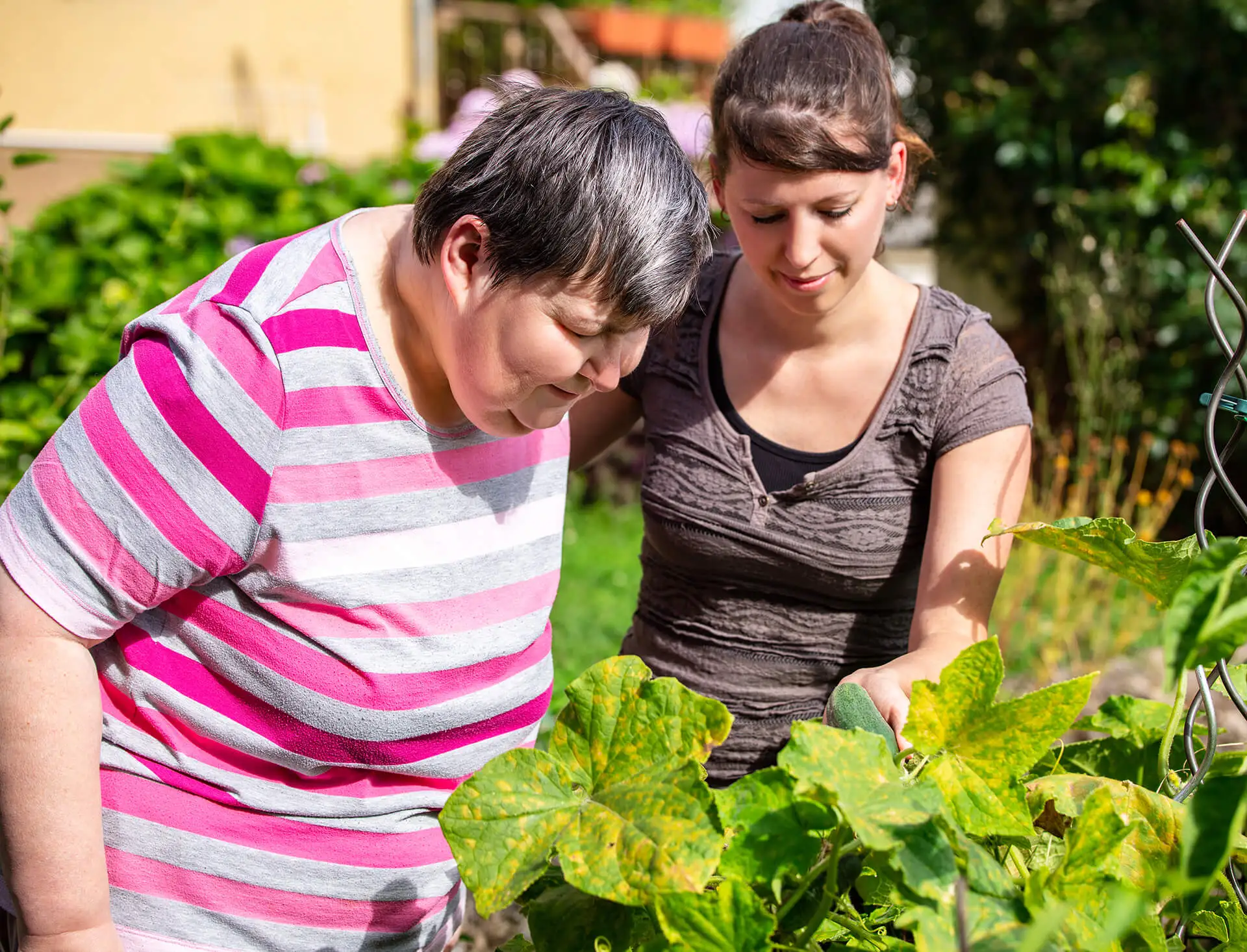One of the most powerful parts of the NDIS is its focus on community participation. This isn’t just about getting out of the house; it’s about connecting with people, pursuing hobbies, learning new skills, and living a fulfilling life.
But what does “Assistance with Social and Community Participation” actually mean, and how can you get it included in your NDIS plan? This guide breaks down everything you need to know.
What is Assistance with Social and Community Participation?
This is a funded support category in your NDIS plan designed to help you build skills and engage in social and community activities. The ultimate goal is to promote your independence, confidence, and social inclusion.
This support is split into two main types:
- Core Supports: This funds the direct support you need to participate in activities right now. Think of it as “doing with.” For example, funding a support worker to accompany you to a weekly art class.
- Capacity Building Supports: This funds activities that help you develop the skills to participate more independently in the future. Think of it as “skill building.” For example, funding a course on how to use public transport so you can eventually get to your art class on your own.
What Kinds of Activities Can Be Funded?
The range of activities is broad and should be tailored to your personal goals. As a general rule, the NDIS funds the support needed to participate, not the cost of the activity itself (e.g., it funds the support worker, not the concert ticket).
Here are some examples:
Recreational & Leisure Activities
- Joining a gym or sports club
- Taking art or music classes
- Attending concerts, festivals, or sporting events
- Going to the movies or the theatre
- Participating in outdoor activities like hiking or camping
Skill-Building & Educational Activities
- Taking a course at a community college (e.g., cooking, literacy, computer skills)
- Joining a public speaking group like Toastmasters
- Attending workshops or seminars
- Learning to use public transport
- Developing social skills through targeted programs
Social & Community Events
- Joining a social group or club (e.g., a book club, board game group)
- Volunteering for a cause you care about
- Attending community centre events
- Going to birthday parties, weddings, or family gatherings
How to Get Community Participation in Your NDIS Plan
To get this support funded, you need to show the NDIA how it will help you achieve your goals.
Step 1: Define Your Goals Your goals should be specific. Instead of saying “I want to be more social,” try:
- “I want to join the local lawn bowls club and attend twice a week to make new friends.”
- “I want to learn how to use the bus system so I can independently visit my sister every month.”
- “I want to attend a weekly painting class to develop a new skill and meet people with similar interests.”
Step 2: Gather Your Evidence You may need to provide reports or letters from healthcare professionals (like an Occupational Therapist) that explain why these goals are important for your development and wellbeing, and what supports you need to achieve them.
Step 3: Talk to Your NDIS Planner or LAC In your planning meeting, clearly explain your goals and how the support will help you. Discuss the specific activities you want to do and the type of support you’ll need (e.g., a support worker, transport assistance, a skills-based course).
How MD Home Care Can Help
Turning your community participation goals into reality requires the right support. At MD Home Care, our support workers are dedicated to helping you engage with your community in a way that is meaningful to you.
We can provide:
- One-on-one support to accompany you to activities and events.
- Transport assistance to get you where you need to go.
- Help with finding local clubs, classes, and groups that match your interests.
- Skill-building support to help you develop the confidence and abilities to participate more independently over time.
If you’re ready to explore what your community has to offer, contact MD Home Care today. We can help you make the most of your NDIS plan.
Frequently Asked Questions
What’s the difference between Core and Capacity Building supports for community participation?
Core supports help you with day-to-day participation now (e.g., a support worker for an event). Capacity Building supports help you build skills for future independence (e.g., a travel training program).
Does the NDIS pay for my gym membership or movie tickets?
No. The NDIS funds the disability-related supports you need to attend. For example, it would pay for a support worker to help you at the gym, but not the gym membership itself, as that is a cost everyone would pay.
Can I choose my own activities?
Yes. The activities should be based on your personal goals and interests, as long as they are considered “reasonable and necessary” by the NDIA.
What if I’m anxious about joining new groups?
This is a very common concern. A great strategy is to start small. You can use your funding for a support worker to go with you for the first few times until you feel more comfortable. There are also specific programs funded by the NDIS to help build social skills and confidence.


